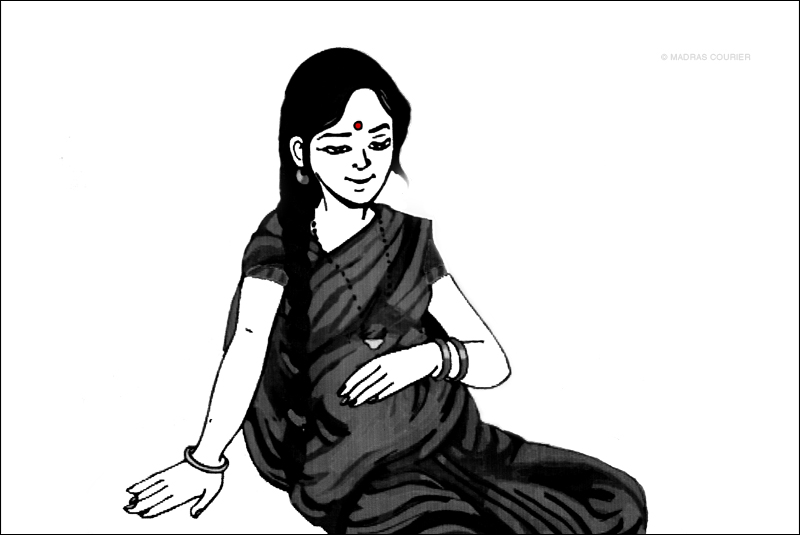This places India third after Canada and Norway in terms of the amount of paid maternity leave on offer. With the United States yet to enact any form of paid maternity leave legislation, India’s move has been heralded as progressive – and exceeds International Labour Organization (ILO) requirements.
The Bill amends the 1961 Maternity Benefits Act – which mandated establishments with more than ten employees to provide fully-paid leave to pregnant workers. What’s changed is the ambit and the amount of leave. Adoptive mothers will be eligible for leave, and companies with more than 50 employees must maintain a crèche – which pregnant employees can visit up to four times a day. Women will also have the option of working from home, if the work permits it.
The amendment is well-timed – female labour force participation in India has been on the decline since 2005 – with India having one of the widest gender gaps in the G-20. An ILO report ascribed this to a combination of factors – more women enrolling in high education instead of for a job, and an unwillingness to disregard household roles.
Copyright©Madras Courier, All Rights Reserved. You may share using our article tools. Please don't cut articles from madrascourier.com and redistribute by email, post to the web, mobile phone or social media.Please send in your feed back and comments to [email protected]











